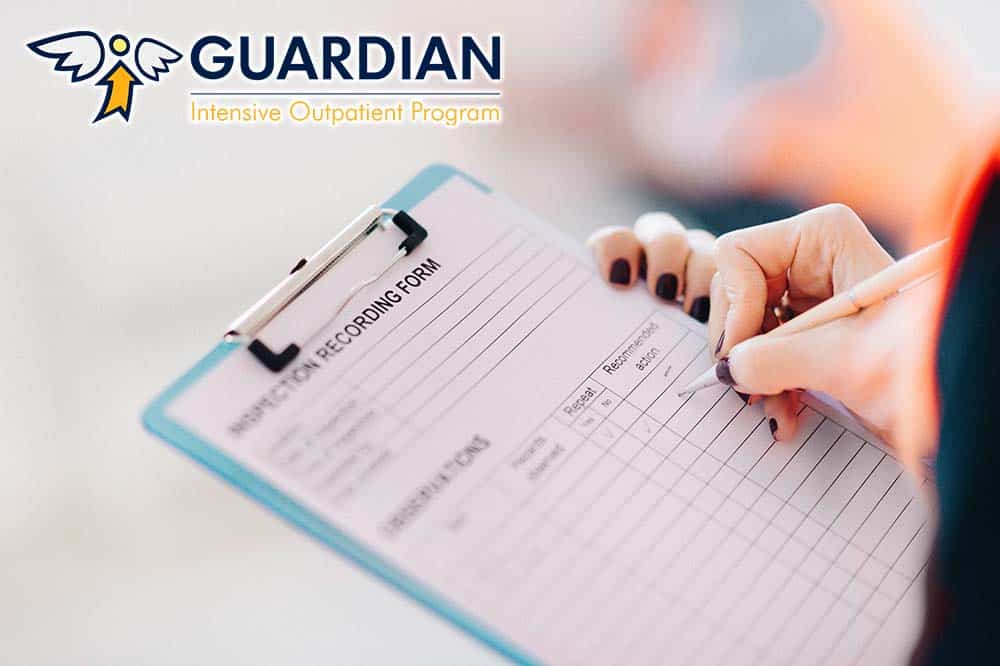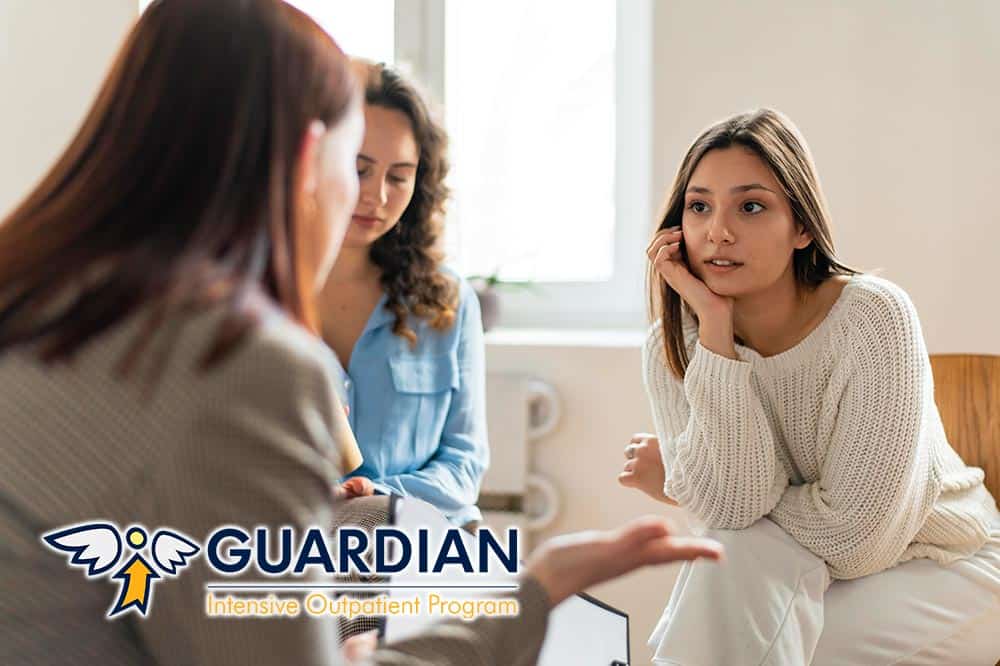To truly recover from addiction, you must address the underlying factors that contributed to it. Although there is a variety of evidence-based clinical therapies that can help you achieve this critical awareness, alternative approaches such as mindfulness and meditation also prove promising.
Mindfulness, in general, can help you become more in touch with your emotions and equip you to manage and process them–two skills that are critical to lasting recovery.
1. It helps you feel balanced.
Intense mood swings are typical the early stages of recovery, and they can make you feel out of control. Practicing mindfulness forces you to be still, present and focused, which can help you feel more balanced and tuned in to your emotions.
2. It can prevent relapse.
Mindfulness makes you more aware of yourself and your emotions, a valuable skill that can help you recognize the signs that you may be headed toward relapse. By understanding your addiction, your emotions and your needs, you can make smarter, healthier choices and get help when you need it.
3. It teaches you how to function mindfully.
Meditation isn’t the only time to practice mindfulness. Observing your thoughts and feelings helps you become more aware of your emotions without feeling the urge to act on them. When mindfulness becomes a part of your routine, it’s only natural that it changes the way you approach life. For instance, your mindfulness practice may make you more conscious of the foods you eat or help you become aware of a certain thought pattern or behavior that no longer serves you. It teaches you how to make better choices in all areas of your life that boost your recovery.
4. It fits into the 12-step program.
At its core, meditation is a spiritual practice that improves your connection with your higher power, which is an integral component of the 12-step program. We know that spiritual well-being is essential to lasting recovery, regardless of your “higher power.” Meditation is just one way to maintain that spiritual connection.
5. It’s something you can do any time, anywhere.
Going to therapy, attending 12-step meetings and participating in other treatment services are essential to permanent recovery. But mindfulness and meditation are things you can practice on your own time. It doesn’t require any special supplies, nor does it take a lot of time. It’s something you can do at any time, anywhere, making it easily incorporated into your daily life.
Recovery is multifaceted, and mindfulness is just one way to work toward healing. Guardian IOP’s holistic recovery programs can help you or someone you care about experience healing and build a strong foundation that empowers you on your journey toward lasting recovery. For more information about our programs, please contact us at (888) 693-1894.

Reviewed for accuracy by:
Anna Marie Barrett LCSW, CYT
Anna earned her Masters of Social Work at Barry University in Miami, FL in 2017 and completed her internship in co-occurring disorders. Anna has a Bachelors of Art in Religious Studies from Naropa University and is a certified yoga and meditation instructor. Anna has received specialized training in somatic counseling with an emphasis on body-centered psychotherapy.




















